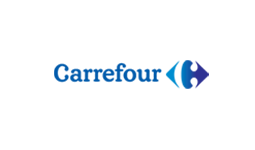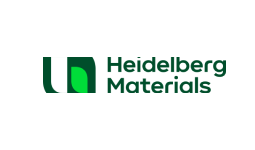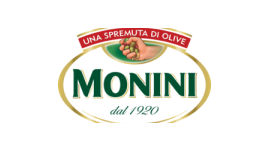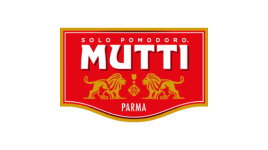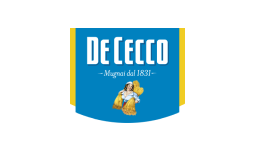

In B2G relations, the regulations introduced in Germany oblige suppliers to send e-invoices to German public administration units (at the federal level). Therefore, area suppliers for German public administration institutions are obliged to send them structured e-invoices in accordance with the rules. Invoices in PDF format are not accepted, and only files created in the appropriate document format, such as Xrechnung are valid. The German B2G e-invoicing system is decentralized. The access points for receiving B2G e-invoices from suppliers at the federal level are the ZRE and OZG RE platforms. At the state level, each state can choose to use the central government platform or other systems (or none at all). For now, all companies in selected states such as Mecklenburg-Western Pomerania, Saarland and Hamburg, Bremen, Saarland and Baden Württemberg and doing business with public entities should use structured electronic invoices.


B2B e-invoicing remains optional, but the German government intends to introduce e-invoicing in 2025 to combat VAT fraud. After the changes that were announced in March 2024, the phased introduction of a federal B2B e-invoicing framework will begin in January 2025. The majority of obligations will apply when issuers and recipients of invoices are based in Germany (including foreign companies established in Germany) and shall not apply to B2C and VAT-exempt transactions. Mandatory e-invoices will have to comply with CEN, which is the standard of the European Committee for Standardization. No other country has made such an obligation so far, so Germany is a pioneer in the area of CEN compliance. The authorities are keeping in mind the EU's 'VAT in the Digital Age' ('ViDA') as part of the 2028 e-invoicing requirement for cross-border invoices.
There are plans to introduce a certified provider network instead of a central platform and gradual rollout. German mandate will NOT be a Continuous Transaction Control model. The changes to be introduced are related to the modification of the definition of electronic invoices within the local VAT Act.

As part of the transition period, which will begin being implemented from January 1, 2025, to January 1, 2028, e-invoices that do not comply with CEN still will be accepted but under certain conditions. However, it will be required to transmit them via EDI and give the recipient's consent to such an invoice format. This means that to proceed with the exchange of existing non-CEN-compliant formats (e.g. EDIFACT, VDA, X12, TRADACOM, etc.), the consent of all recipients must be obtained. EDIFACT will likely be possible to use as long as the format is going to be interoperable with the CEN Norm.
The sender of a CEN-compliant electronic invoice will not need the consent of the recipient of the electronic invoice to send it. A non-CEN-compliant electronic invoice will have the same legal classification as a paper invoice: however, it will be classified under the "Other invoices" category. Exemptions from the electronic invoicing obligation are currently being discussed for small invoices below €250 according to § 33 UStDV and for travel documents according to § 34 UStDV.


The German government asked the EC at the end of 2022 for permission to introduce mandatory B2B e-invoicing and has received positive feedback. Germany received a temporary exception starting from January 1, 2025, until December 31, 2027. The implementation timeline is as follows:

At the federal level there are two platforms: ZRE and OZG-RE. ZRE (the Zentrale Rechnungseingangsplattform) is a platform for sending e-invoices directly to the German federal administration. Platform for sending e-invoices indirectly to the German federal administration is OZG-RE (the Onlinezugangsgesetz-konforme Rechnungseingangsplattform). The OZG-RE (Online Access Act compliant e-invoice platform) features a PEPPOL interface.
At the sate level there are numerous platforms such as SH Portal in Schleswig-Holstein, Elektronische Poststelle in Hamburg, NAVO in Lower Saxony, zERIKA in Bremen, NRW in North Rhine-Westphalia, RLP in Rhineland-Palatinate and Zentraler Rechnungseingang in Baden-Württemberg, RLP in Saarland.
An official B2G e-Invoice format is XRechnung. File in XRechnung format can be sent using one of many transmission channels, such as the German ZRE, OZG RE, VPX platforms, as well as the European PEPPOL network.
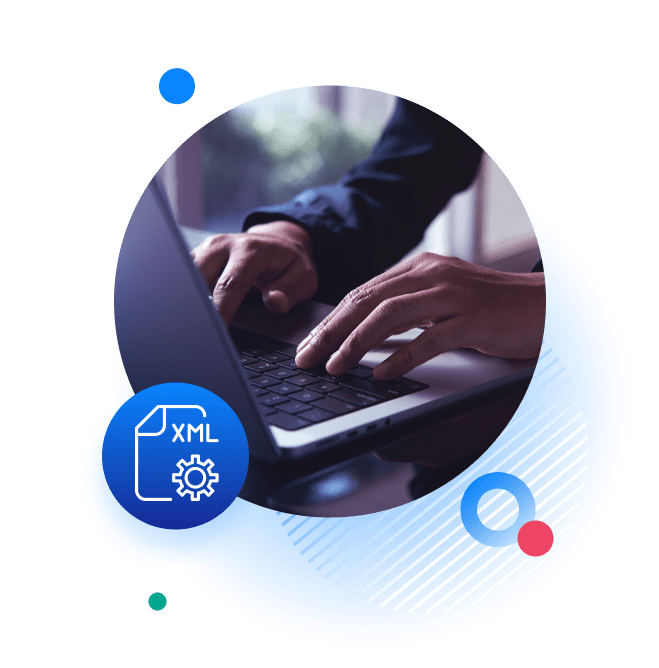
In Germany, the required format for B2G invoices is XRechnung. This is an XML-based semantic data model that complies with the European standard EN 16931 and is a response to the CEN standard (CEN/TC 434). Other formats, such as ZUGFeRD 2.0 or Factur-X, are still valid for B2B transactions, but all suppliers to the German public administration are required to switch to X-Rechnung.

Qualified Electronic Signature is one of the accepted methods. Data sealed with a qualified electronic seal enjoy the presumption of integrity and authenticity.
We have 20+ years of experience in carrying out various EDI, e-invoicing, and other document exchange projects around the world. In those years, we have successfully connected more than 130,000 entities from over 60 countries.
Full compliance with the latest data exchange regulations and modern data transfer standards
Applying new technologies and IT solutions in order to streamline workflows and automate activities and procedures
Tailor-made solutions based on processes specific to each company – own road map and a suitable pace of changes
Highest level of security for all sensitive and important company data
The German B2G e-invoicing system is decentralized. The access points for the reception of B2G e-invoices from suppliers at the federal level are the platforms ZRE and OZG RE. At state level, each state could opt to use the central government’s platform or other systems (or none).
Qualified Electronic Signature is one of the accepted methods. Data sealed with a qualified electronic seal enjoy the presumption of integrity and authenticity.
Storage period: 10 + 3 years
XRechnung is an XML-based invoice format preferred by German authorities, fulfilling the criteria of the European core calculation and being the response to the CEN standard (CEN/TC 434). Other formats, such as ZUGFeRD 2.0 or Factur-X, are expected to remain applicable for B2B transactions, but all suppliers for the German public administration will be obliged to switch to X-Rechnung.
An XRechnung file can be sent via one of the many transmission channels, such as the German ZRE, OZG RE, and VPX platforms
For now, all companies in selected states such as Mecklenburg-Western Pomerania, Saarland and Hamburg that are doing business with public entities should use structured electronic invoices. B2B e-invoicing remains optional.
All companies making B2G transactions in following states:

To learn the e-invoicing requirements for a specific country, click on its flag and access the relevant information.
Make sure your business meets international standards with the Comarch e-Invoicing platform, trusted in more than 60 countries. Enjoy hassle-free integration and continuous compliance updates.








